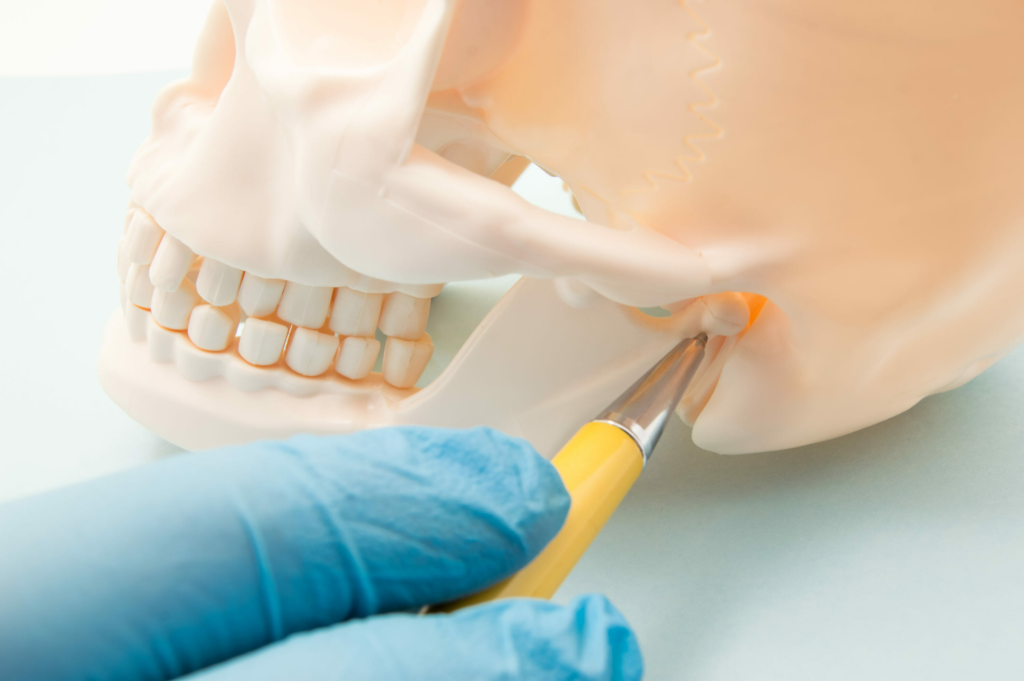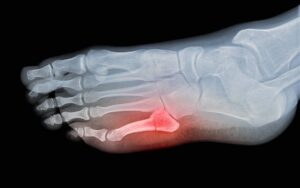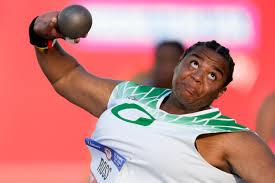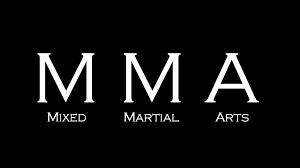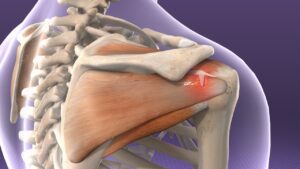By Christian Arauz Fitzgerald (PGY-3 ENT Resident Hospital Nacional de Clínicas. Córdoba, Argentina)
Facial injuries in sports are quite common. It must be taken into account that the face is a very exposed area and its objective, in terms of trauma, is to protect the brain. If we look at this point in detail, it successfully fulfills its objective in cases where we see multiple fractures at the level of the face, with a noticeable facial and aesthetic deformity, but with the patient alive and his vital functions active.
Some statistics we can list regarding this subject are the following:
3-29% of facial injuries result from sports practice
60-90% of facial sports injuries occur in male patients between 10 and 29 years of age
Approximately 75% of facial fractures involve the zygomatic bone, the jaw or the nose.
We can list the most frequent injuries, the most frequently associated sport and preventive measures:
Ear injuries
Auricular hematoma: frequently associated with rugby or boxing. Prevention: proper use of headgear.
External otitis (swimmer’s ear): associated with swimming. Prevention: Dry the ear properly after practicing aquatic sports.
Dental Injuries
Fractures: associated with basketball (basketball players are 7 times more likely to have an orofacial injury if they do not use mouth protection), boxing and other contact sports. Prevention: use of mouth protection (mouth guard).
Nasal, Maxillary and Mandibular Fractures
Mainly associated with contact sports: boxing, martial arts. Unfortunately, preventive measures are often not sufficient (use of helmet and mouth guard).
When to return to sports? Nasal fractures: with a face mask, you can start 4 weeks after the injury.
Mandibular fractures: with a face mask, you can return to non-contact sports after 4 weeks. Contact sports in 2-3 months.
Maxillary fractures: similar measures.
In areas where access to health care is scarce and expensive, it is important to comply with preventive measures. In this way, we protect the patient and also avoid health expenses that the patient or his/her family probably do not have the financial means to cover.
